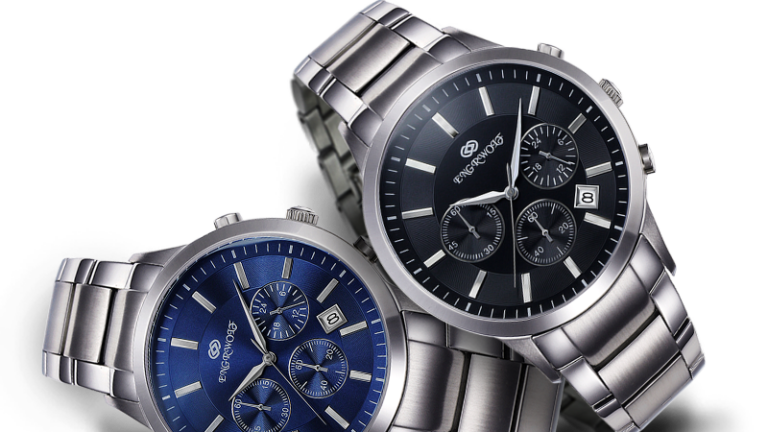In the realm of luxury watches, the allure of replica timepieces has long captivated enthusiasts and collectors alike. Replica watches, often referred to as “master copies,” are crafted to mimic the design and sometimes the functionality of high-end originals. This niche market thrives on the desire for prestigious brands at more accessible prices, but it also raises ethical and legal questions. Let’s delve into the intricate world of master copy watches, exploring their craftsmanship, market dynamics, and the controversies they generate.
Craftsmanship and Detail
Replica watches are not merely cheap imitations; they represent a blend of craftsmanship and imitation. Master watchmakers meticulously study and dissect original designs to recreate them with remarkable accuracy. High-quality replicas may utilize similar materials and advanced manufacturing techniques to mirror the look and feel of the genuine articles. From the intricate movements to the branded insignia, every detail is scrutinized and replicated with precision, aiming to offer an authentic experience at a fraction of the cost.
Market Dynamics and Demand
The market for replica watches spans the globe, catering to a diverse clientele ranging from budget-conscious consumers to aficionados who appreciate the craftsmanship but find the originals financially out of reach. Online platforms and discreet retail channels facilitate the trade, offering a variety of brands and models that appeal to different tastes and budgets. The demand for replica watches is sustained by the aspirational nature of luxury goods and the desire for status symbols without the accompanying price tag.
Legal and Ethical Considerations
While replica watches provide affordability and accessibility, they also raise significant ethical and legal concerns. Luxury brands fiercely protect their intellectual property rights, and the sale of replicas often infringes upon trademarks and copyrights. Legally, replica watches can be considered counterfeit goods, leading to potential legal repercussions for manufacturers, sellers, and buyers alike. Ethically, the production and purchase of replicas can be seen as undermining the craftsmanship and exclusivity that luxury brands strive to maintain.
Consumer Awareness and Risks
For consumers, navigating the replica watches in dubai market requires caution and awareness. While some replicas are marketed as high-quality alternatives, others may be poorly constructed and fail to meet even basic functional standards. The risk of purchasing from unreliable sources includes receiving inferior products or facing legal consequences for unwittingly participating in counterfeit trade. Understanding the differences between replicas and genuine watches, including their value, craftsmanship, and legality, is crucial for making informed purchasing decisions.
Impact on the Luxury Watch Industry
The presence of replica watches has a multifaceted impact on the luxury watch industry. On one hand, it challenges brands to uphold their standards of exclusivity and craftsmanship in the face of widespread imitation. On the other hand, it serves as a barometer of consumer demand and affordability, influencing pricing strategies and market positioning. Luxury brands often respond with enhanced security measures, educational campaigns, and legal actions to protect their intellectual property and brand integrity.
Conclusion
The world of replica watches, with its intricate craftsmanship and contentious market dynamics, continues to intrigue and divide enthusiasts, collectors, and industry stakeholders alike. While replicas offer accessibility and affordability to luxury designs, they also pose ethical and legal dilemmas that echo throughout the watchmaking industry.

